Are you interested in exploring historic homes? Here are the must-see historic houses in Buenos Aires:
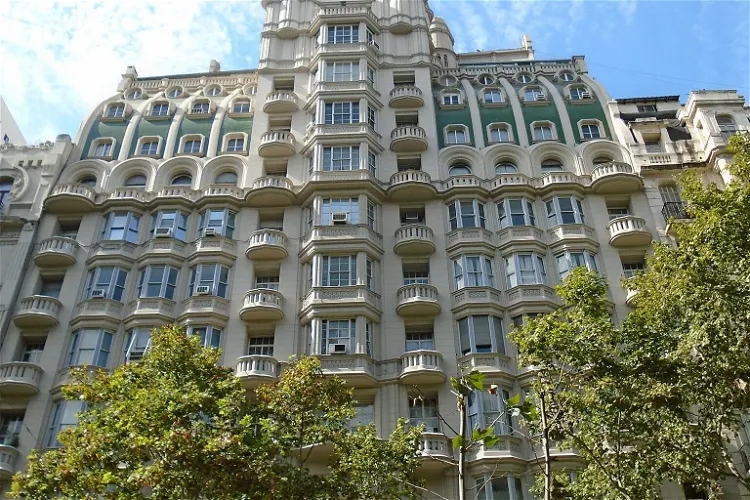
Barolo Palace
Buenos AiresThe Palacio Barolo is a significant landmark located at 1370 Avenida de Mayo, in the Monserrat neighborhood of Buenos Aires, Argentina. This office building is a notable part of the city's architectural landscape and is easily accessible for tourists.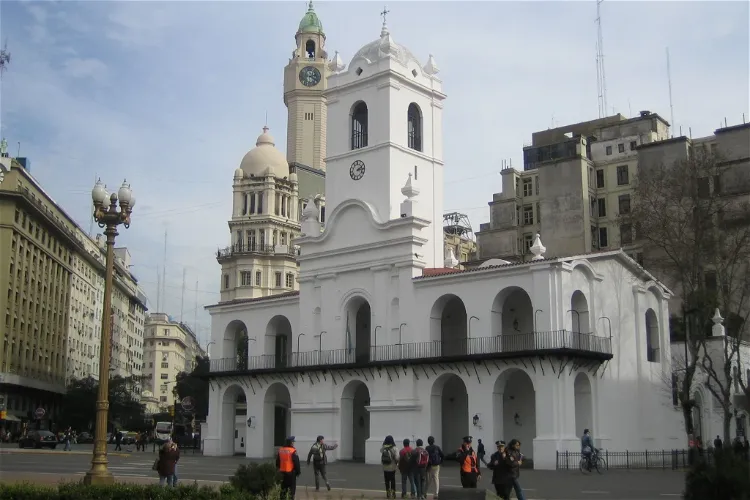
Cabildo
Buenos AiresThe Cabildo of Buenos Aires is a significant historical site, having served as the town council's seat during the colonial era and the government house of the Viceroyalty of the Río de la Plata. This building's historical significance makes it a point of interest for tourists interested in the city's colonial past.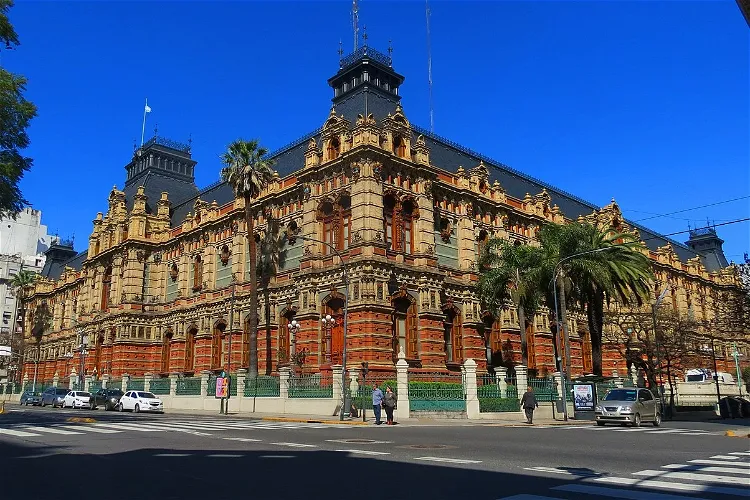
Palace of Running Waters
Buenos AiresThe Palace of Running Waters, located in Buenos Aires, Argentina, is a significant architectural landmark. It was originally designed as a water pumping station in 1877 and completed in 1894. The building, which was once the headquarters of Obras Sanitarias de la Nación, still functions as a pumping station. Its design and history make it a point of interest for tourists visiting the city.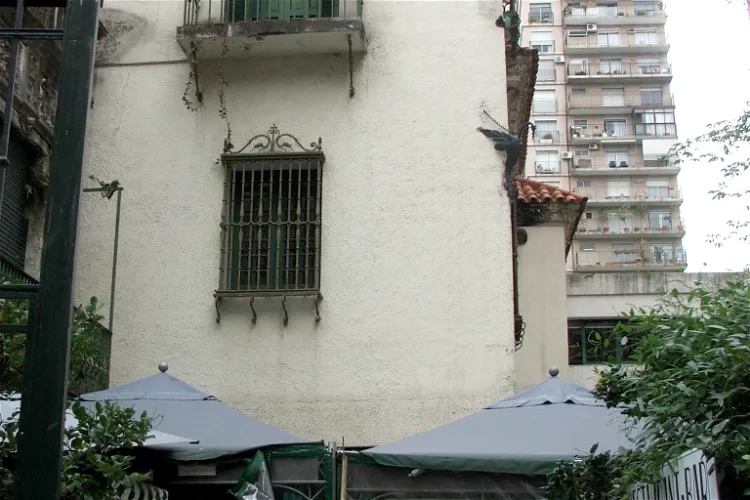
Evita Museum
Buenos AiresThis beautiful mansion houses a museum of Evita's dresses, objects, and mementos that once belonged to the famous actress. It also offers a look into Argentina's history through Evita's social work and her own life.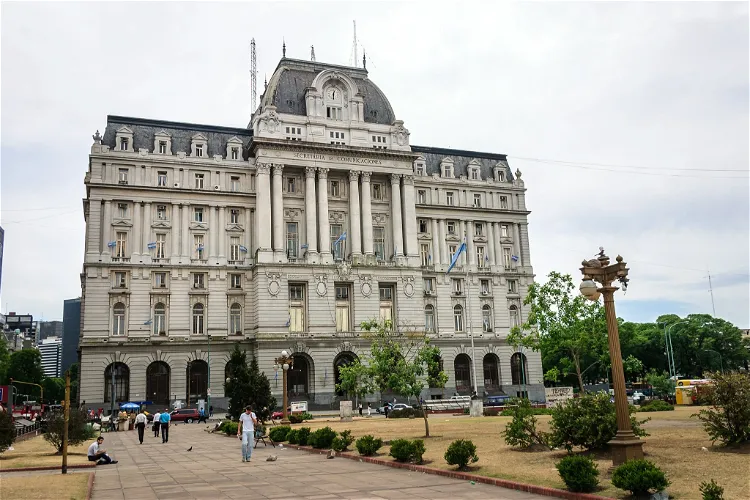
Kirchner Cultural Centre
Buenos AiresThe Kirchner Cultural Centre, also known as Correo Central, is a significant architectural landmark in Buenos Aires. Located in the San Nicolás district, the building is a classic example of French academicism architecture from the 19th and 20th centuries. This style is characterized by its emphasis on formal elegance, symmetry, and elaborate detail, making it a fascinating site for architecture enthusiasts.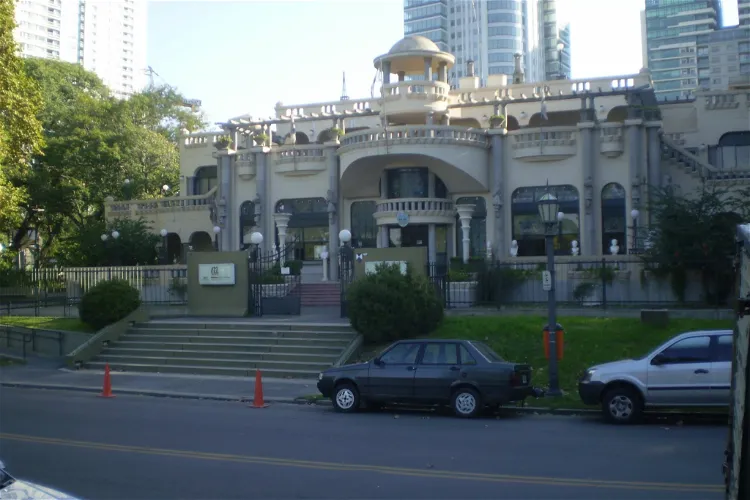
Museo del Humor
Buenos AiresThe Museo del Humor, located in Buenos Aires, is housed in a building with a rich history. The structure was originally built in 1927 and served as the Munich Brewery. The architect behind this impressive building was Andrés Kálnay, a Hungarian architect known for his unique style. The building's architecture and history add to the overall experience of visiting the museum.
Museo Casa de Ricardo Rojas
Buenos AiresThe Museo Casa de Ricardo Rojas in Buenos Aires is a significant cultural landmark, as it was the home of the renowned writer Ricardo Rojas from 1929 to 1957. The house was designed by architect Ángel Guido in 1927, based on Rojas' book 'Eurindia', which proposed a new interpretation of American history. This unique blend of architectural design and literary influence makes the museum a fascinating destination for those interested in Argentine culture and history.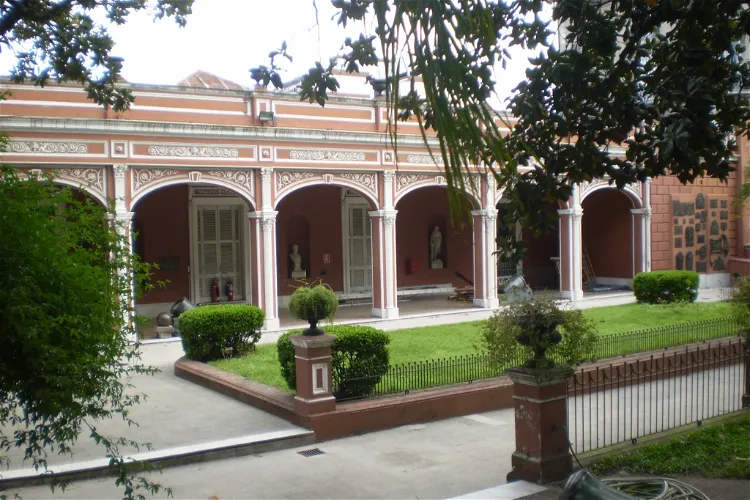
National Historical Museum
Buenos AiresThe Argentine National Historical Museum, situated in Buenos Aires, Argentina, is a museum that focuses on the history of Argentina. It showcases objects that are related to the May Revolution and the Argentine War of Independence. These exhibits provide a deep insight into the country's past and the events that shaped its present.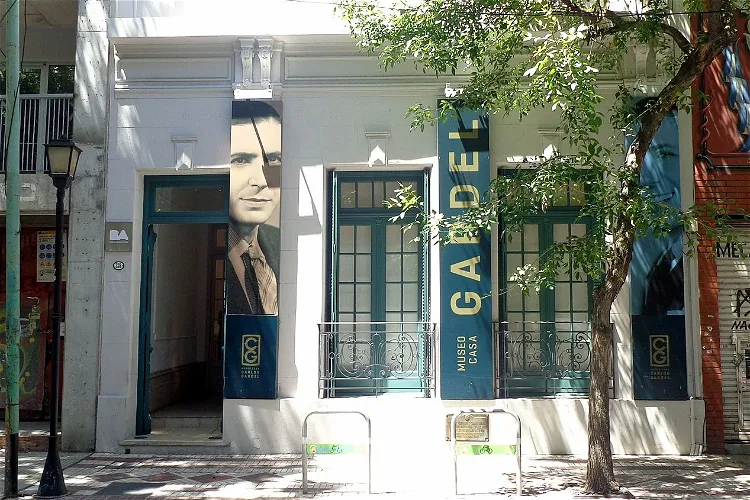
Carlos Gardel House Museum
Buenos AiresThe Casa Carlos Gardel museum in Buenos Aires, Argentina, is a significant cultural site that was opened to the public on March 4, 2003. This museum is the converted home of Carlos Gardel, a renowned tango singer, composer, and film actor who lived here with his mother until his death in 1935.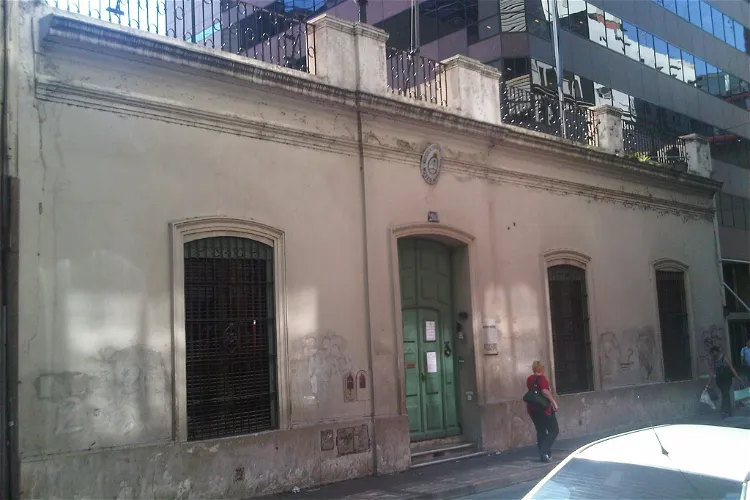
Mitre Museum
Buenos AiresThe Mitre Museum is situated in a colonial house from 1785 in Buenos Aires, Argentina. This historic building was the residence of General Bartolomé Mitre and his family from 1860 to 1906. It offers a unique glimpse into the life of one of Argentina's most influential figures.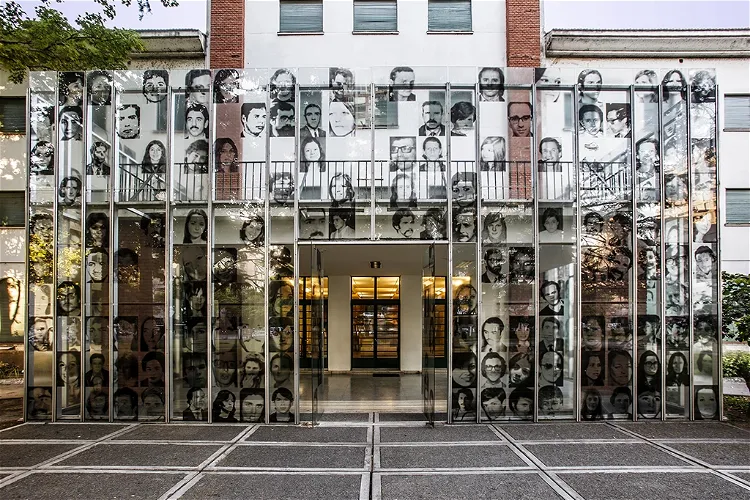
Museo Sitio de Memoria ESMA
Buenos AiresThe Museo Sitio de Memoria ESMA is a significant historical site located in Buenos Aires. It is situated on the premises of the Space for Memory and for the Promotion and Defense of Human Rights. This location was previously the School of Mechanics of the Navy, which during the last civic-military dictatorship, served as one of the largest clandestine centers of detention, torture, and extermination in Argentina. This museum serves as a stark reminder of this dark period in Argentina's history.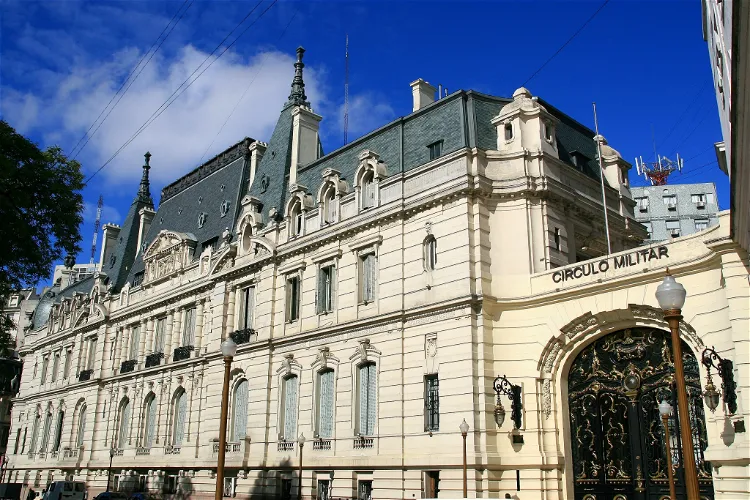
Paz Palace
Buenos AiresThe Paz Palace, located in Buenos Aires, Argentina, is a historic mansion that currently serves as the home for the Military Officers' Association. This association is a social club that is maintained by the Argentine military. The palace offers a unique glimpse into the country's military history and social traditions.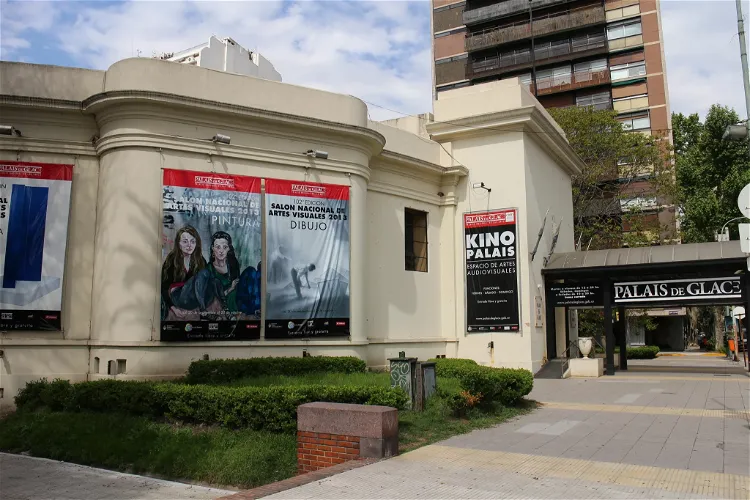
Palais de Glace
Buenos AiresThe Palais de Glace, located in the Recoleta neighbourhood of Buenos Aires, Argentina, is a Belle Époque building that was modelled on the Palais des Glaces in Paris. This architectural marvel was designed by J. L. Ruiz Basadre and inaugurated in 1911. Originally, it served as an ice skating rink and social club, with a circular ice rink occupying a central room around which theatre-style boxes and rooms for social gatherings were arranged.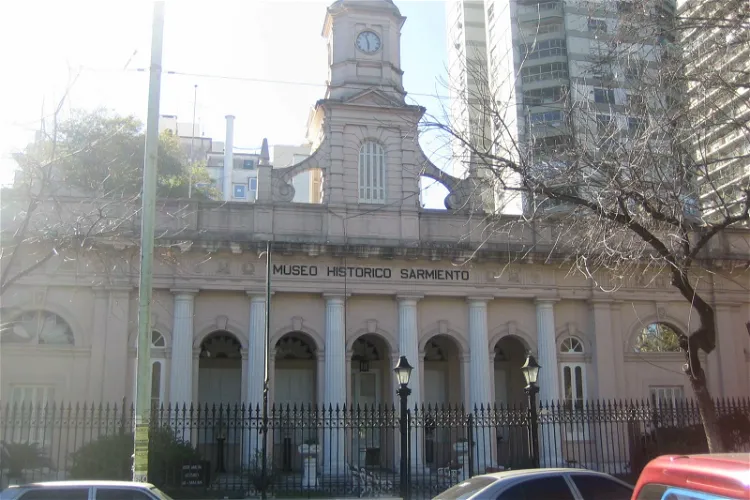
Sarmiento History Museum
Buenos AiresThe Sarmiento History Museum, situated in the Belgrano neighborhood of Buenos Aires, is a tribute to the life and times of Domingo Faustino Sarmiento. Sarmiento was not only a renowned writer but also served as the President of Argentina from 1868 to 1874. The museum offers a deep dive into his life, his works, and his contributions to the country.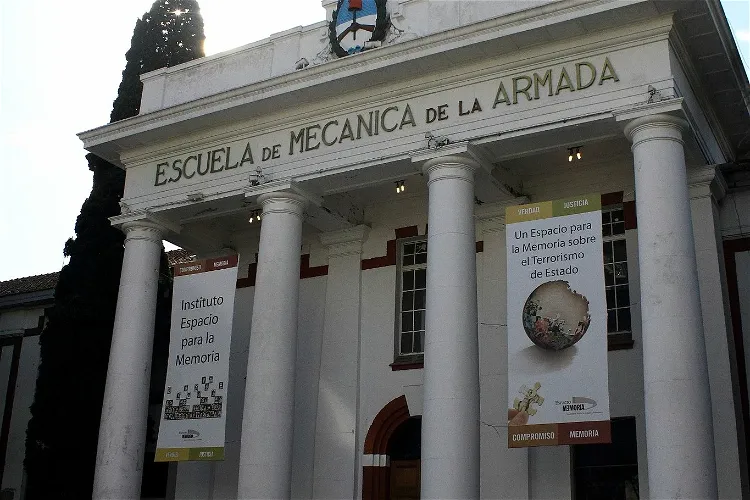
Espacio Memoria y Derechos Humanos
Buenos AiresThe Espacio para la Memoria y para la Promoción y Defensa de los Derechos Humanos, known since 2004, is located in Buenos Aires. This site was the location of the School of Mechanics of the Navy until 1998, which was used as one of the main clandestine detention centers during the last civic-military dictatorship that ruled Argentina between 1976 and 1983. This historical context provides a deep insight into a significant period of Argentina's past.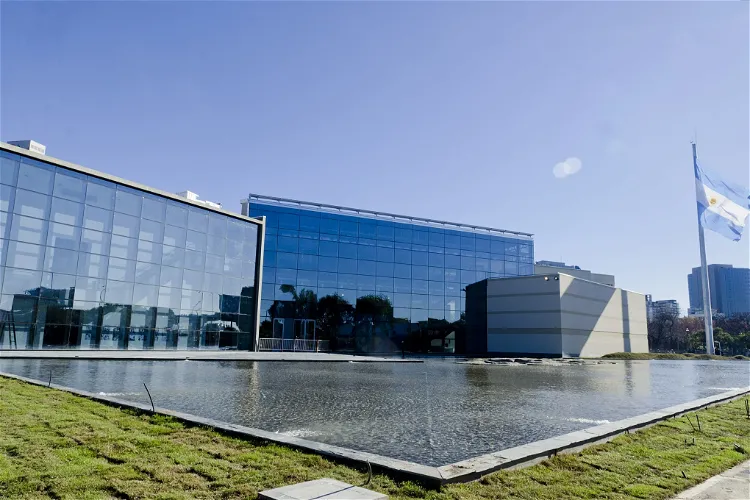
Museo Malvinas e Islas del Atlántico Sur
Buenos AiresThe Malvinas and South Atlantic Islands Museum, established in June 2014, is situated in Buenos Aires. The Argentine government decided to house the museum in buildings that belong to the Escuela de Mecánica de la Armada. This location is significant as it was once a center of detention and torture during the military dictatorship, which adds a layer of historical context to the museum.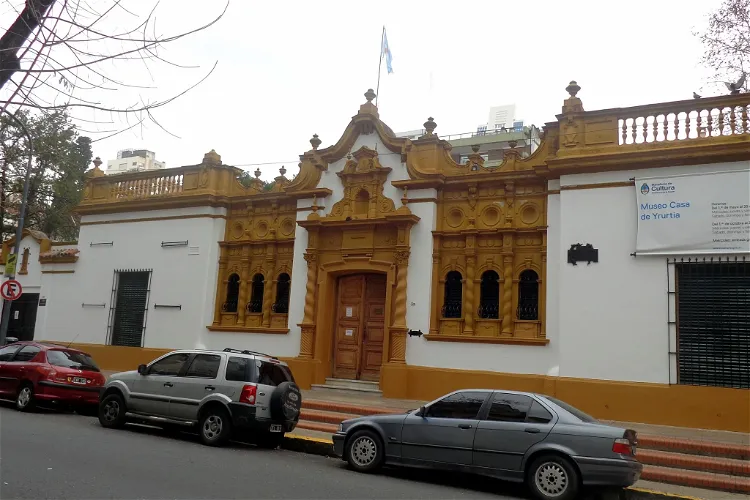
Museo Casa de Yrurtia
Buenos AiresThe Museo Casa de Rogelio Yrurtia is a unique museum that offers a glimpse into the life and work of the renowned Argentine artist, Rogelio Yrurtia. The museum is located in Yrurtia's former home, a 19th-century property that he acquired and renovated in 1921. The house is situated at O'Higgins Street 2390 in the Belgrano neighborhood of Buenos Aires, a location that is easily accessible for tourists.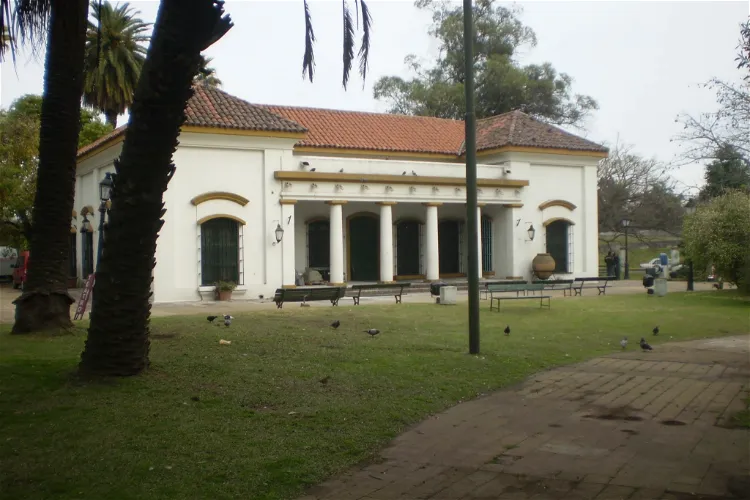
Historical Museum of Buenos Aires Cornelio Saavedra
Buenos AiresThe Historical Museum of Buenos Aires Cornelio de Saavedra is situated at Avenida Crisólogo Larralde 6309 within the General Paz Park, in the City of Buenos Aires. This location is easily accessible and offers a serene environment for visitors to explore the museum and its surroundings.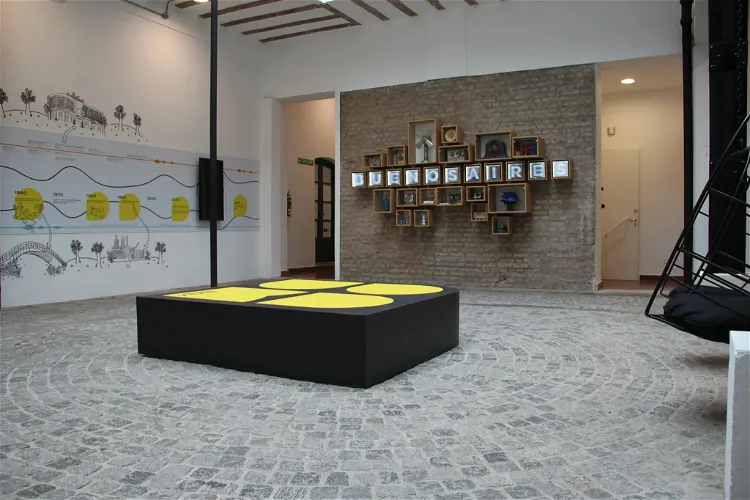
Museo de la Ciudad
Buenos AiresThe Buenos Aires Museum is unique in that it is formed by the union of four urban buildings, each of significant artistic and historical value. These include the Casa de los Altos de Elorriaga, built in 1808, the Casa de Ezcurra from 1830, the Casa de los Altos de la Estrella from 1894, and the Casa de los Querubines, constructed around 1895. Each building contributes to the overall narrative of the museum, providing a comprehensive view of the city's history.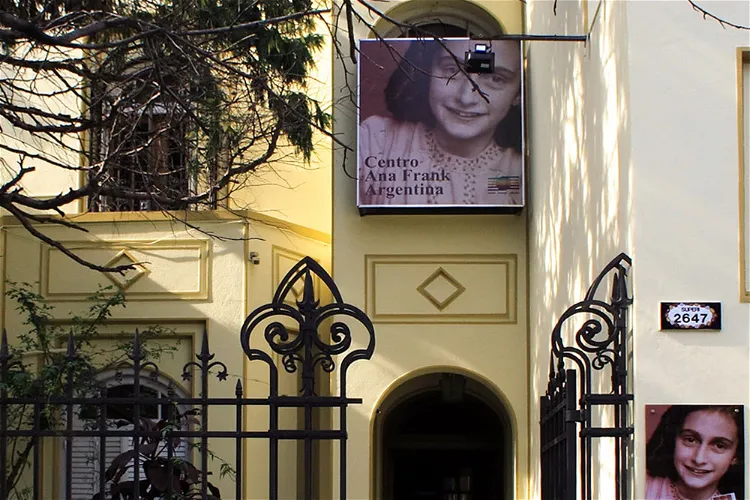
Centro Ana Frank
Buenos AiresThe Anne Frank Center Argentina, located at Superí 2647 in Buenos Aires, is a member organization of the Anne Frank House in the Netherlands. It was inaugurated on June 12, 2009, to commemorate the 80th anniversary of Anne Frank's birth. This makes it the first member institution of the Anne Frank House in Latin America.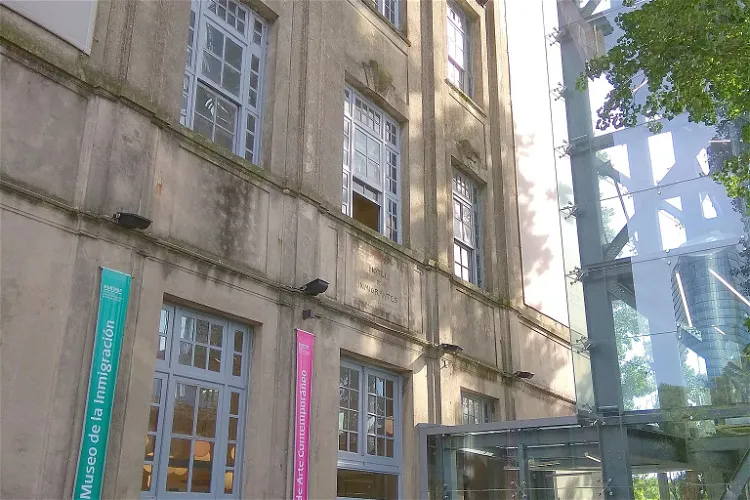
Immigration Museum
Buenos AiresThe Immigration Museum is situated in the premises of the former Immigrants' Hotel in Buenos Aires. This location is steeped in history, as it was a key point of arrival for immigrants coming to Argentina from Europe, Asia, and Africa in the late 19th and early 20th centuries. Today, it serves as a space for reflection on the history of immigration in the country.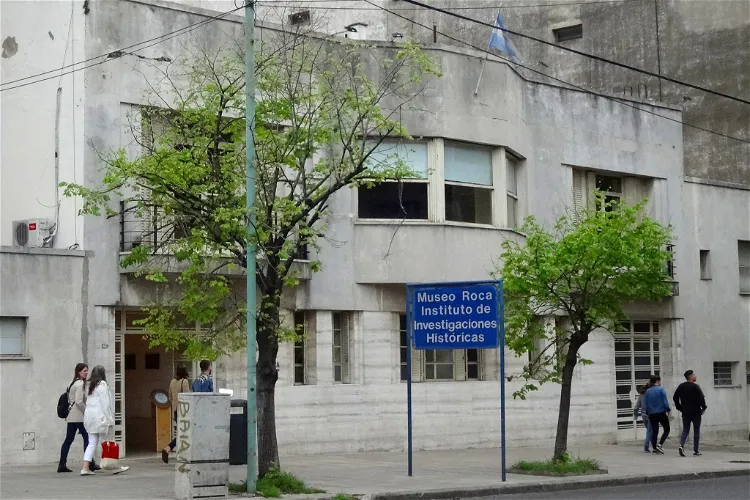
Museo Roca - Instituto de Investigaciones Históricas
Buenos AiresThe Museo Roca - Instituto de Investigaciones Históricas is a national museum situated in the Recoleta neighborhood of Buenos Aires. This museum is under the jurisdiction of the Ministry of Culture of the Nation. It is housed in the former residence of José Arce, a renowned Argentine surgeon and diplomat. The museum is dedicated to the life and works of President Julio Argentino Roca, a significant figure in Argentine history.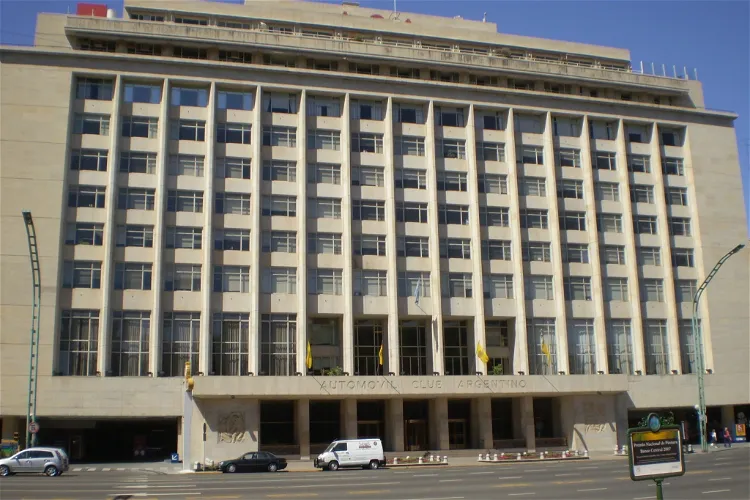
Automovil Club Argentino Museum
Buenos AiresThe Automóvil Club Argentino (ACA) is a significant institution in Argentina, responsible for supervising and organizing motor sports in the country. In addition to this, the ACA provides a range of services that may be of interest to tourists, including traveler assistance, mechanical assistance, cartography, and lodging. These services are all related to tourism and promote the use of automobiles.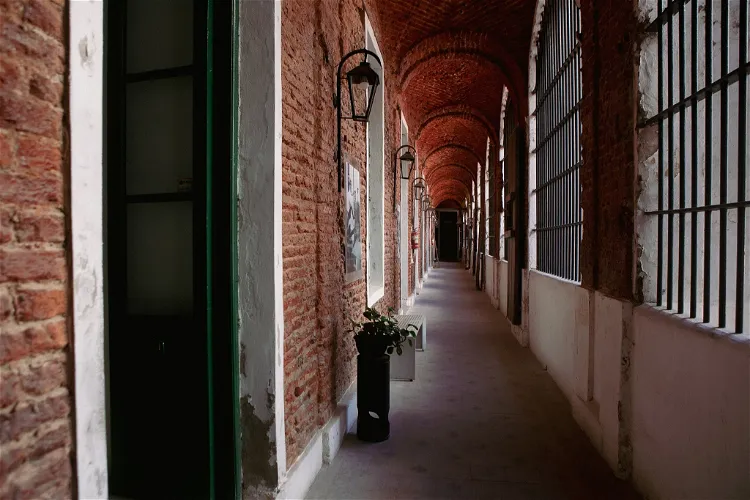
Prison Museum Antonio Ballvé
Buenos AiresThe Argentine Penitentiary Museum Antonio Ballvé (MPA) is a unique institution that focuses on preserving, studying, and communicating the historical heritage of federal penitentiary activity. It provides a deep insight into the history of the Argentine penal system, making it a fascinating destination for those interested in history, criminology, or social justice.